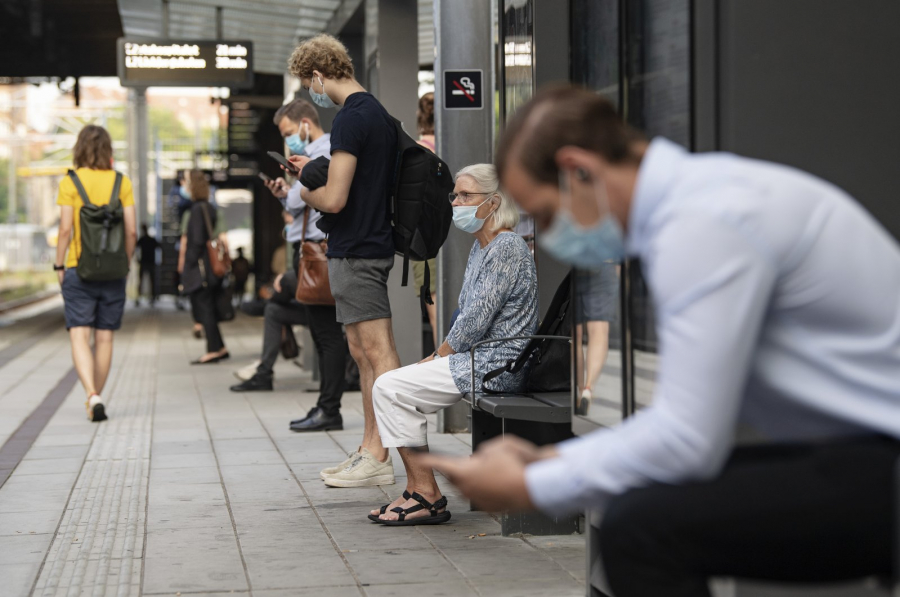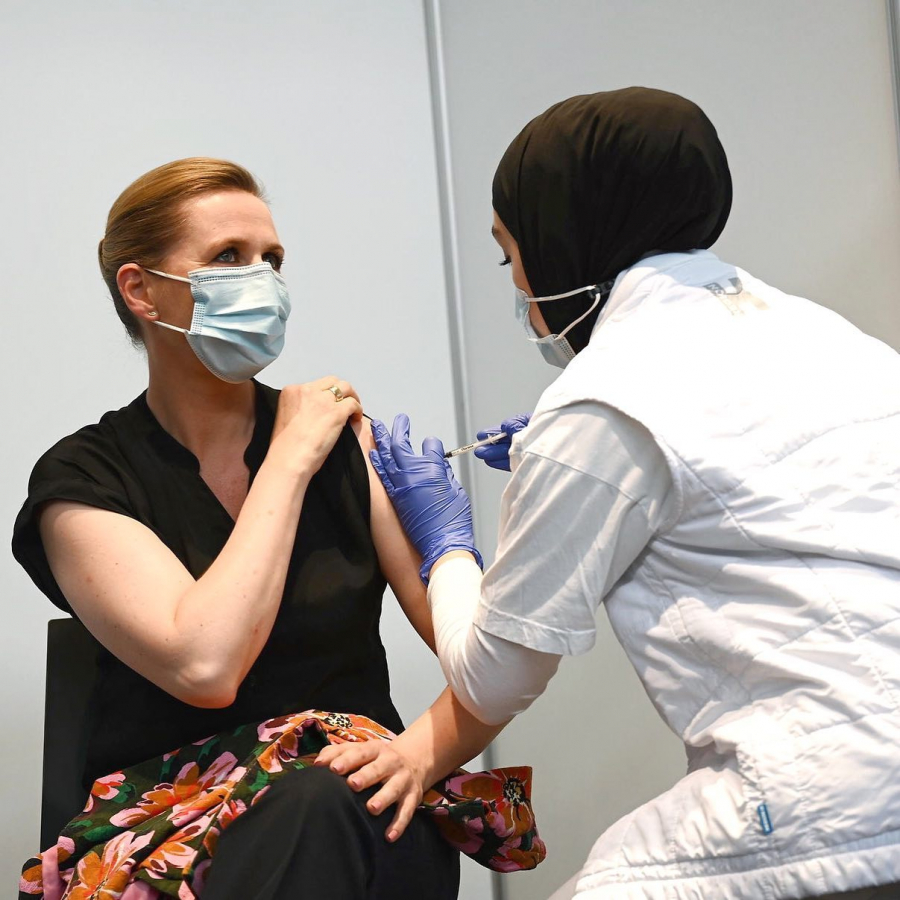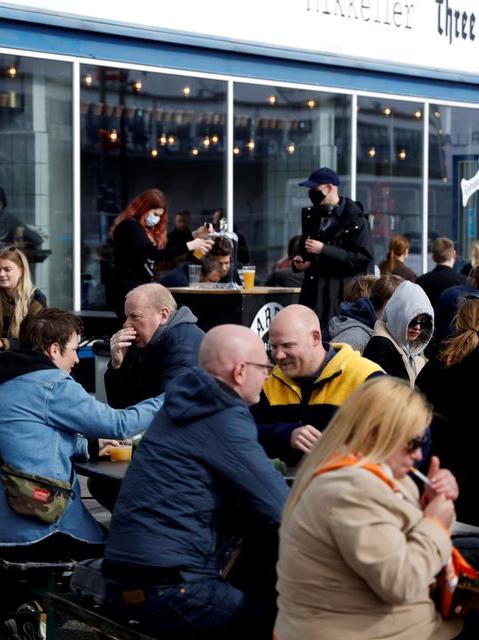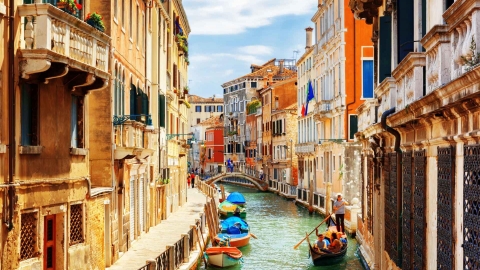Magnus Heunicke, Denmark's Minister of Health, announced on Twitter that, "The epidemic is under control, we have record vaccination rates. That is why the country can lift the Covid-19 restrictions and bans."
Accordingly, starting September 10th, the country will gradually lift "key restrictions" related to Covid-19, including the requirement to present a "green card" at nightclubs and sporting events.
Specifically, starting September 10th, Danish restaurants, bars, cinemas, gyms, stadiums, and beauty salons will be allowed to open to anyone who has been fully vaccinated or has tested negative for Covid-19 within the past 72 hours.

Passengers wait for a train in Aarhus, Denmark - Photo: EPA EFE
Magnus also stated that this does not mean the pandemic is over, and the government will not hesitate to "act swiftly if the pandemic once again becomes a threat to society."
The lifting of restrictions, such as those mentioned above, has been applied to some places like museums since August 1st and will apply to all other venues from September 1st. However, nightclubs and large events such as football matches will still require a Covid-19 "green card" until September 10th.
However, entry restrictions in Denmark remain in effect until at least October, as they are related to agreements between countries and cannot be eased before that date.

Danish Prime Minister Mette Frederiksen received the COVID-19 vaccine on June 4, 2021. Photo: Reuters
According to statistics from Our World in Data, Denmark has the third highest vaccination rate in Europe, with 71% of the population having received two doses of vaccine. Ahead of Denmark are Malta with 80% and Portugal with 73%.

 VI
VI EN
EN





























